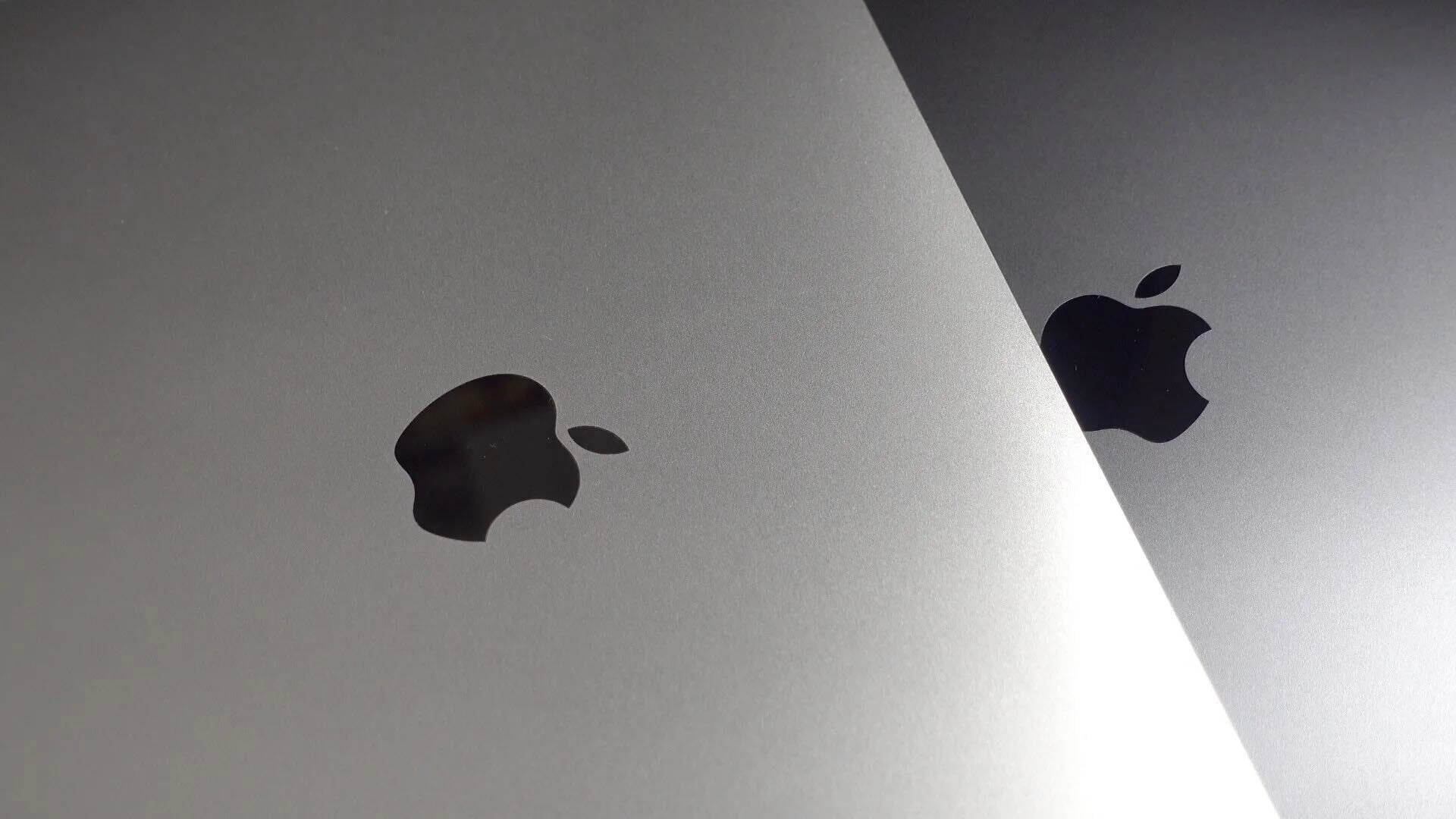
If you’re like me and love technology but hate the rats nest of cables it requires, we could be in for some good news. Intel has demonstrated a system that could be incorporated into future computers that allows wireless connectivity for power, displays, and connection to accessories like external drives.
Wireless charging is nothing new, of course, but existing systems are something of a mess. They rely on inductive charging, which is ultra-short range and only suited to low-power devices like smartphones, and there are several competing and incompatible systems in use.
The new system demo’d by Intel uses magnetic resonance charging, which can cope with the power demands of laptops, and works through up to two inches of wood – meaning that the charging plate can be hidden out of sight under a desk. The same charging plate can also charge multiple devices simultaneously, so a single installation under your desk could potentially power your Mac, iPad, iPhone and wireless headset.
For wireless connection to displays and accessories, Intel uses the Wireless Gigabit Alliance system WiGig, which allows speeds of up to 7Gbps over a distance of a few feet – good enough for a completely wireless desk, and rendering my home-brewed iDesk redundant.
The technology will be supported by Skylake, a chip that is currently two generations down the road, and likely to first appear in laptops in 2016. Apple has not yet signed-up, but Asus, Dell, Fujitsu, Lenovo, Logitech, Panasonic and Toshiba are all on board, so it is likely just a matter of time.
(Via CNET)



